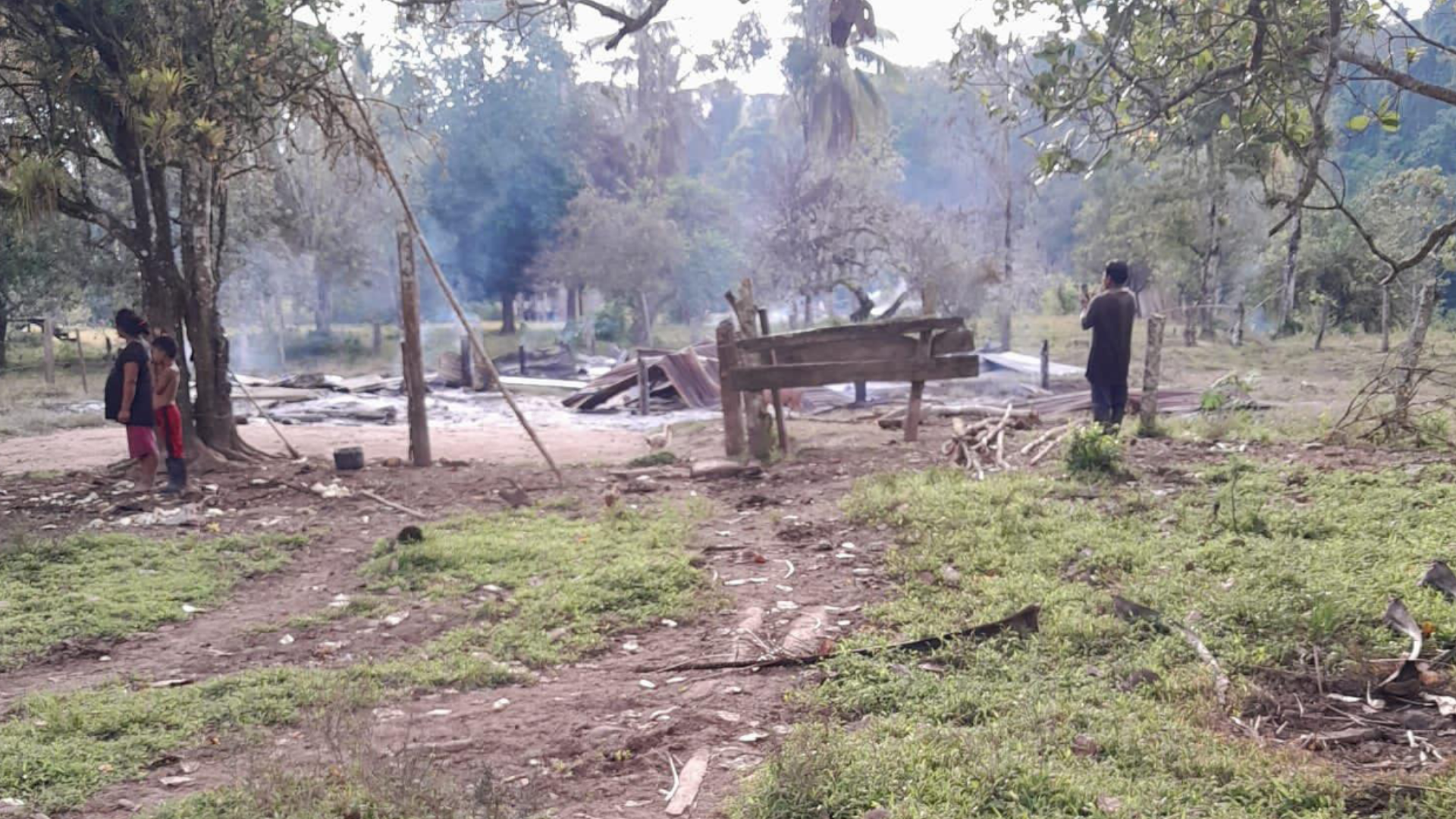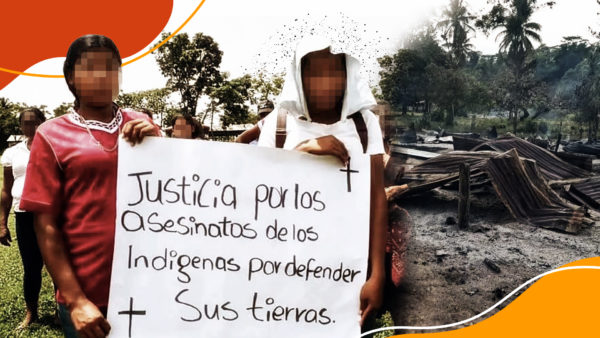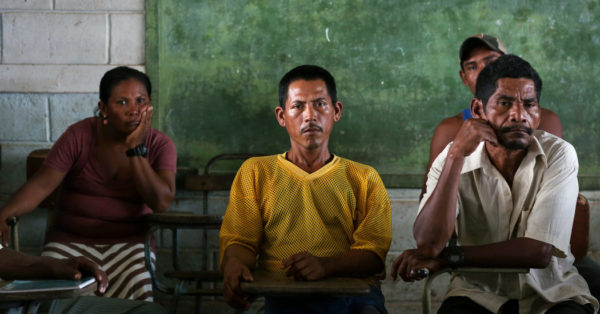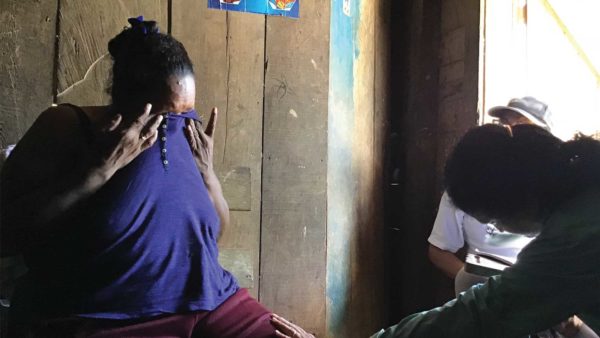A report by the Oakland Institute reveals that the cost of gold mining expansion is borne by the Indigenous and Afro-descendant communities in the Caribbean Coast Autonomous Regions, who face incessant violence and colonization of their lands
First published on 01/16/2025, and last updated on 02/27/2025
In recent years, the Nicaraguan government has spurred a surge in the country’s gold mining industry by implementing lenient regulations, providing substantial tax breaks, and offering 7.1 million hectares for possible mining concessions, which account for almost 60 percent of the nation’s land area.
The allure of valuable gold and silver in the remote, rainforested Caribbean coast has attracted numerous colonos (settlers) looking for opportunities to sell the mined ore to companies.
This gold rush has heightened the struggles of Indigenous and Afro-descendant communities for autonomy and communal land rights. They are confronting two significant threats: first, the risk of being violently displaced by colonos for mining activities, and second, the danger posed by multinational mining corporations, which could displace them and contaminate their environment.
In a 2024 report titled “Nicaragua’s Gold Rush,” the Oakland Institute exposed how, despite sanctions by the United States on Nicaragua’s gold mining sector, the industry has boomed, fueled by foreign business interests. The US is the primary destination, accounting for 79 percent of Nicaraguan gold exports.
The report is available here (PDF File).
The Oakland Institute has dedicated the report to the struggle of the Indigenous and Afro-descendant communities for Saneamiento and land rights in Nicaragua. The report was authored by Anuradha Mittal (Honorary member, ICCA Consortium) and Josh Mayer with research support provided by Eve Devillers.
Highlights from the reports
- Despite US sanctions, Nicaragua’s gold sector is booming and has become the country’s top export. The US is the main destination, importing 79 percent of the country’s gold.
- The cost of this expansion is borne by the Indigenous and Afro-descendant communities in the Caribbean Coast Autonomous Regions, who face incessant violence and colonization of their lands.
- Sanctions imposed by the Biden administration in June 2022 and expanded through an Executive Order in October 2022 have not been enforced, allowing foreign mining companies to grow their operations, delivering critical revenues to the Ortega-Murillo regime.
- Despite being a clear candidate under these sanctions, Calibre Mining Corp. – the main beneficiary of Nicaragua’s gold boom – has faced no repercussions. Since the first round of gold sanctions, it has vastly expanded its mining concessions to cover 9 percent of the country’s territory.
- Prominent US and Canada-based investment firms and mining corporations are also involved, including BlackRock Inc., Van Eck Associates Corp., Invesco Ltd., B2Gold Corp., and Agnico Eagle Mines Ltd.



